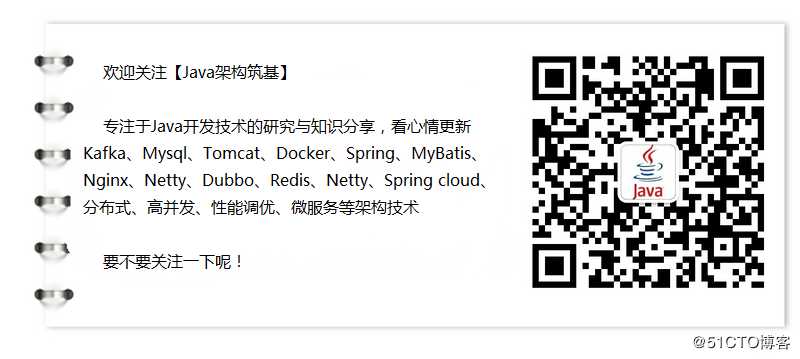如何在JAVA中比较两个String对象
Posted
tags:
篇首语:本文由小常识网(cha138.com)小编为大家整理,主要介绍了如何在JAVA中比较两个String对象相关的知识,希望对你有一定的参考价值。
问题最近写程序的时候,遇到了需要比较两个 String 对象是否相等的情况,我习惯性的写了形如if(a == "a")的语句,IDEA 跳出警告,内容如下:
String values are compared using ‘==‘, not ‘equals()‘.也就是说我刚刚那句话应该写成if(a.equals("a"))才对,果然不再标红了。
说明
那么,为什么会这样呢?==和equals()分别是什么效果呢?
对于基本数据类型byte(字节型)、short(短整型)、int(整型)、long(长整型)、float(单精度浮点型)、double(双精度浮点型)、boolean(布尔型)、char(字符型),==比较的就是他们的值,也不存在equals()方法。
而对于String这样的引用数据类型,==比较的是两个对象的 引用地址 即内存地址是否相同,如果内存地址相同,自然就是同一个对象了,同一个对象之间有啥好比的。
我们一般的应用场景主要是要比较两个 String 对象的内容,那就需要使用 equals() 方法。我们可以看一下 java.lang.String 中 equals() 方法的定义,可以看到 equals() 才是在比较两个 String 对象的值。
/**
* Compares this string to the specified object. The result is @code
* true if and only if the argument is not @code null and is a @code
* String object that represents the same sequence of characters as this
* object.
*
* @param anObject
* The object to compare this @code String against
*
* @return @code true if the given object represents a @code String
* equivalent to this string, @code false otherwise
*
* @see #compareTo(String)
* @see #equalsIgnoreCase(String)
*/
public Boolean equals(Object anObject)
if (this == anObject)
return true;
if (anObject instanceof String)
String anotherString = (String)anObject;
int n = value.length;
if (n == anotherString.value.length)
char v1[] = value;
char v2[] = anotherString.value;
int i = 0;
while (n-- != 0)
if (v1[i] != v2[i])
return false;
i++;
return true;
return false;
还有一个特例的情况,比如"abcde" == "abcde"或是"abcde" == "abc" + "de"都是会返回true的,因为双方都是由编译器直接实现的,没有被声明为变量。
小结
当然,如果你知道自己在做什么,就是要利用 == 的这个特性,自然是没有问题的。其他时候用 equals() 方法即可。
爱码仕i:专注于Java开发技术的研究与知识分享!
————END————
以上是关于如何在JAVA中比较两个String对象的主要内容,如果未能解决你的问题,请参考以下文章